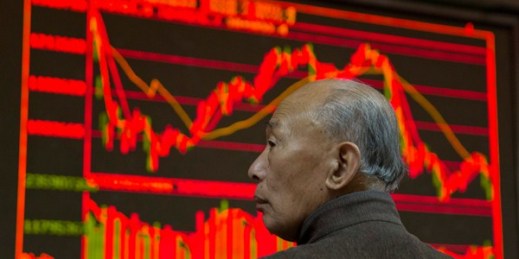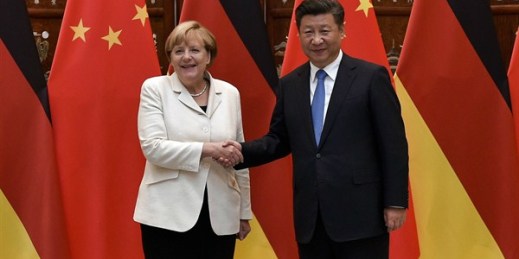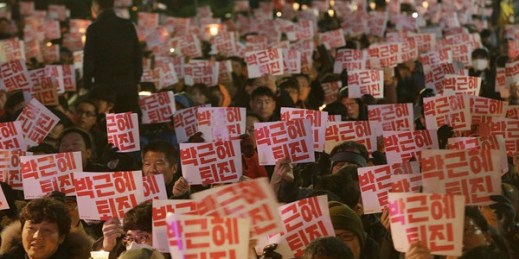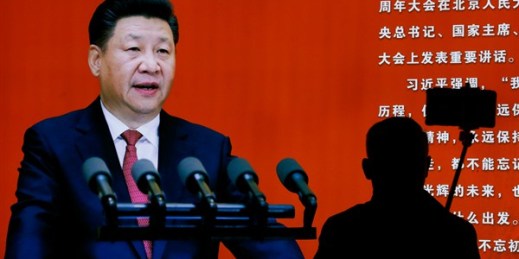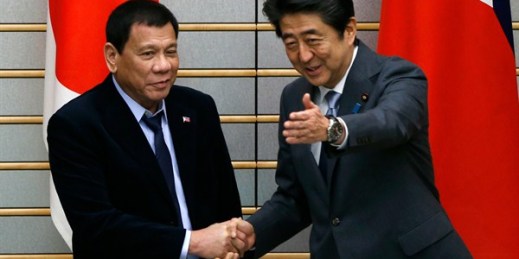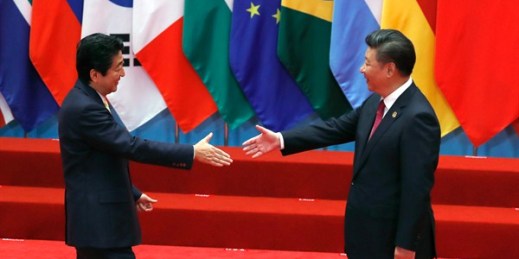
In September, a number of media outlets in Japan published stories about the Japanese politician Renho Murata, who was running for the leadership of the opposition Democratic Party. The attention centered on whether Renho, as she is known, who was born in Japan to a Taiwanese father and Japanese mother, had fully renounced her Taiwanese nationality as required by the Japanese Nationality Law. In an interview with the Huffington Post at the time, Renho decried all the fuss. “I was born and brought up in Japan,” she commented. “What can I say except that I’m Japanese? Quite honestly, I think […]

